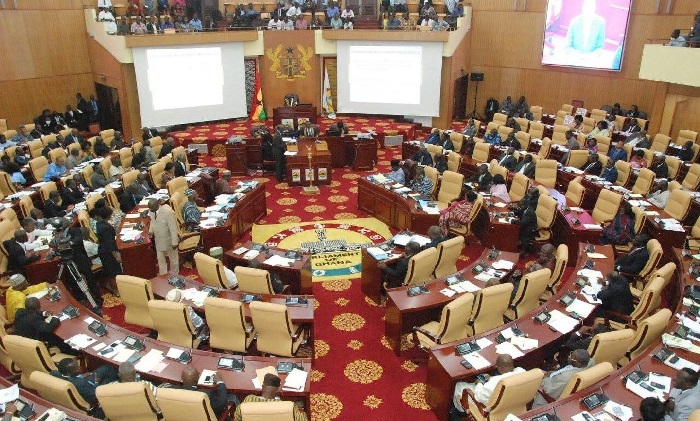Parliament of Ghana has today February 15, 2018, passed the Special Petroleum Tax Amendment Bill to reduce the tax from 15 percent to 13 percent.
The amendment is anchored on the recent protests against the rising cost of fuel, as well as calls from the minority for the Special Petroleum Tax to be scrapped.
Deputy Finance Minister, Kweku Kwarteng clarified that the amendment will shield Ghanaians in the future when petroleum prices go up on the international market.
He continued that, making the Special Petroleum tax a specific levy would minimize its impact on consumers.
“The Special Petroleum Tax was introduced by the Mahama administration. I do not think if they thought it was that bad, they would introduce it. When they introduced it, we did criticize it that they ought not to make it ad-valorem. They ought not to make it a percentage of the price because it will mean that as fuel prices go up, the taxes would also go up,†he recalled.
Deputy Finance Minister pointed out that the minority at the time insisted that the tax be made a specific tax, to cushion Ghanaians anytime there is a price hike on the world market.
“What we have demonstrated today [Thursday] is that which we believed in. That is why we have converted it from ad valorem to a specific tax. So, if you want to know the exact impact, let’s wait a couple of months down the line when fuel prices are high and then you ask me if the special petroleum tax was still ad valorem.? what would have been the tax level, and then at that point you would be able to see the real significance of the amendment that we have achieved in parliament today,†he argued.
Deputy Finance Minister Kweku Kwarteng, however, admitted the current amendment will not significantly reduce the prices of fuel at the pumps instantly but it will in as a long-term strategy ensure that consumers pay less as fuel prices go up in the international market.
primenewsghana.com/Ghana News





